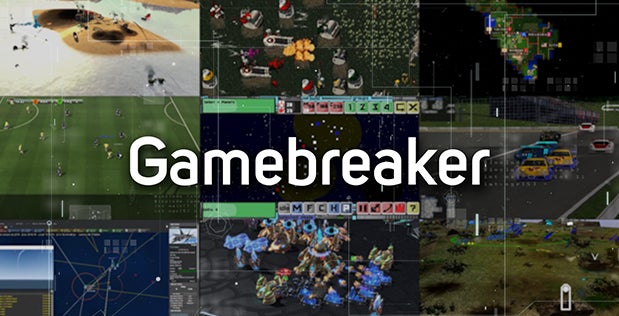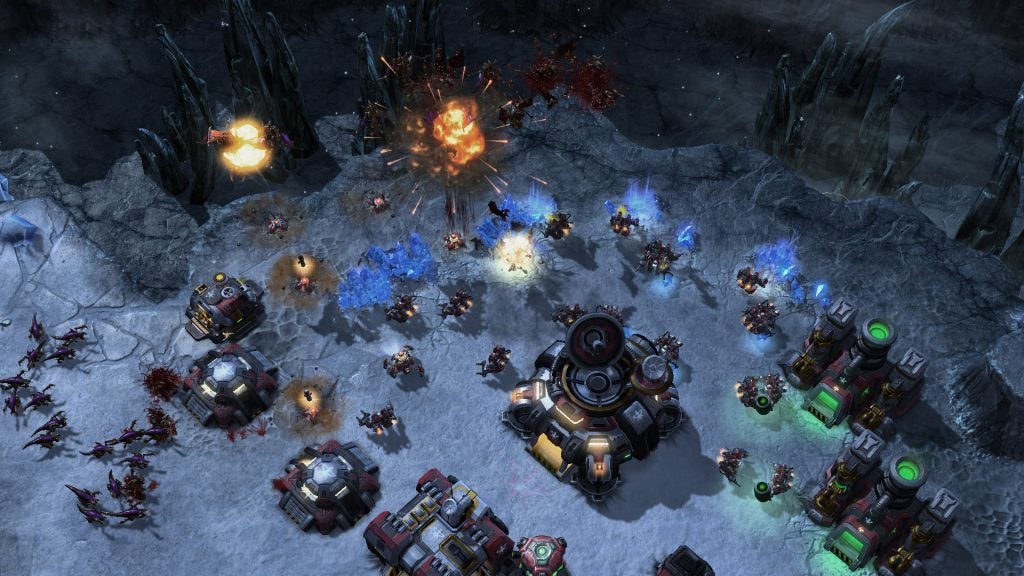DARPA Turns to The Video Game Industry to Improve Pentagon War Games
The US Depart of Defense’s DARPA (The Defense Advanced Research Projects Agency) announced on the 13th May, that it had selected nine teams as part of its Gamebreaker AI program.
The program aims to develop and use artificial intelligence (AI) to assess balance in popular multi-player and strategy video games, discover exploits and utilizing them to essentially break the games.
This practice of identifying underlying parameters and exploiting them to undermine the balance of games is common among online video game cheaters. DARPA aims to utilize the same methods to improve the DoD’s war games.
Commercial video game publishers have an economic incentive to make their video games as balanced and fair as possible to maintain an entertaining experience for their customers. The DoD’s effort aims to maximize potential imbalances to artificially create advantages or create equilibrium when an adversary is attempting to seek an advantage in simulated conflicts.
“If we can figure out a generic method to assess and then manipulate balance in commercial video games, my hope is that we might then apply those AI algorithms to create imbalance in DoD simulated war games used to train warfighters for real-world battle,” said Lt. Col. Dan Javorsek, the Gamebreaker program manager in DARPA’s Strategic Technology Office.

The move to study modern video games to develop war simulations has been long overdue, as video games advanced exponentially since their early Atari and NES iterations that DoD leadership grew up playing. Countless popular video games feature realistic command and control, campaign planning, and strategy, all very relevant to the armed forces.
Initially AI initiatives like Gamebreaker focused on traditional games that relate to military strategy such as chess or weiqi (Go) as developmental playgrounds for research and development. AI has long conquered these sequential logical games, and now have ventured into more complicated team based games, as was the case with OpenAI’s program that managed to defeat a professional team in the very competitive game Dota 2.
Rather than build from scratch, DARPA aims to build upon the gaming industry’s AI expertise and repurpose them for applications specific to the DoD. Among the games the teams will be tasked with cracking are Starcraft II and FreeCiv.

